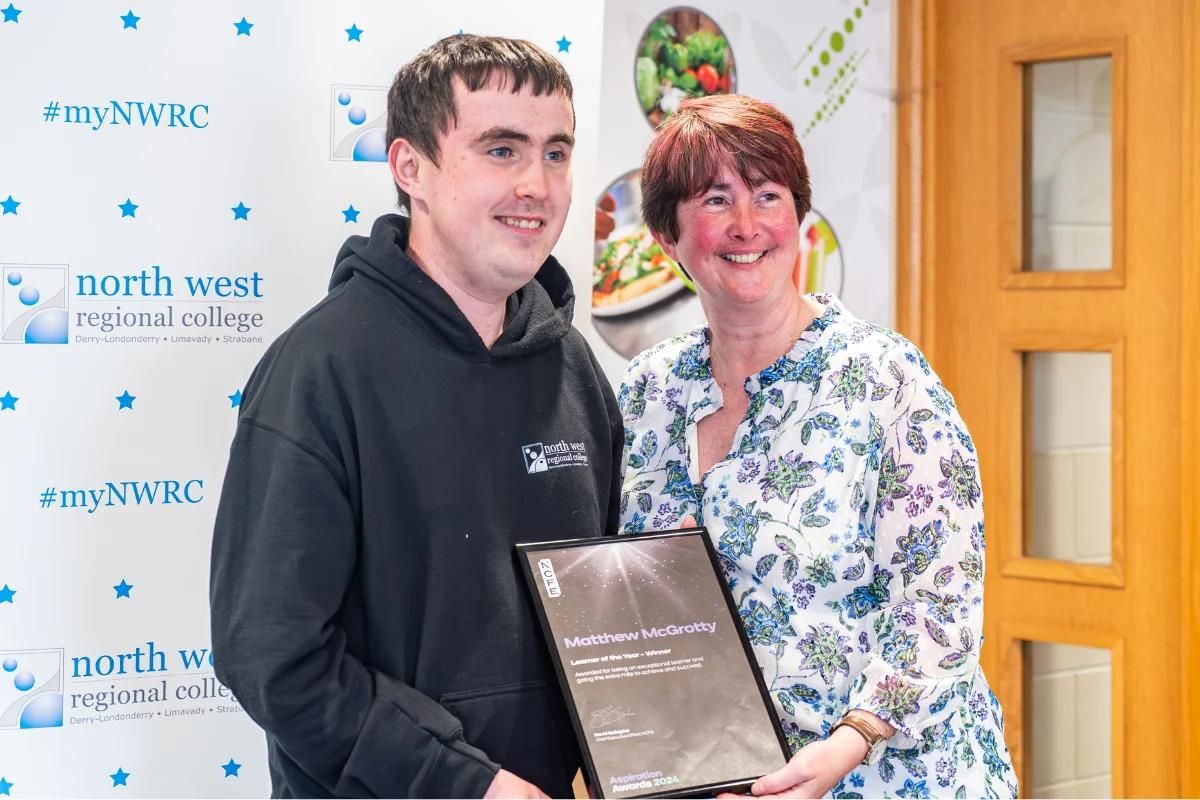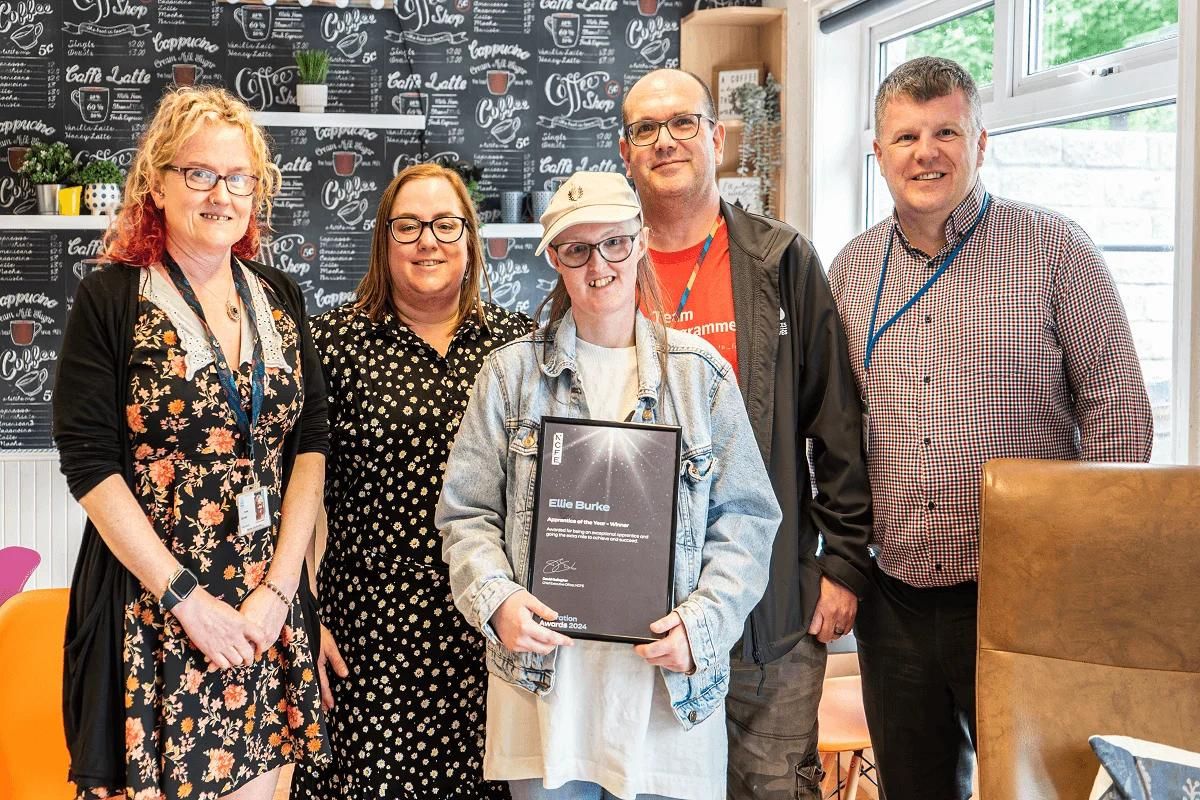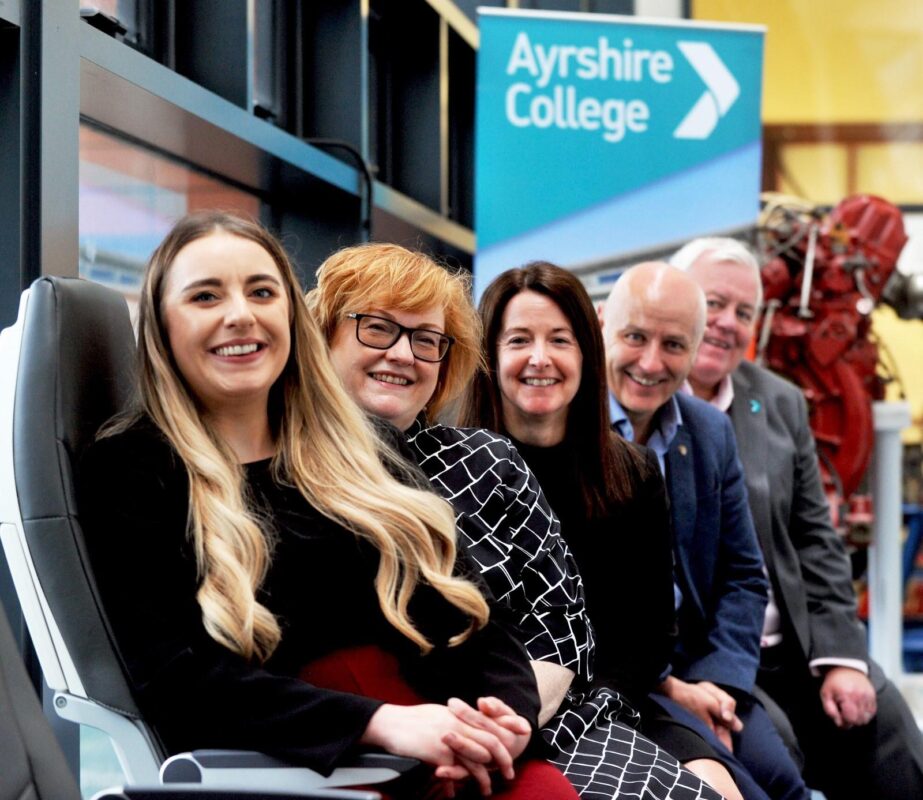Report demonstrates universities are key to social and economic change

The University of Chester(@uochester) is featured in the findings of a new report which demonstrates how universities are key to social and economic change.
The report launched by the Purpose Coalition in collaboration with its university partners, including Chester, shows that universities are powerhouses of opportunity, extending their impact far beyond their core mission as educators.
The report examines the final stage of the higher education pipeline when education, knowledge transfer and research all crystalise into stronger opportunities, creating an ‘opportunity footprint’.
How Universities are Breaking Down Barriers to Opportunity, is the second report in the Purpose Coalition’s Raising Standards, Creating Opportunities advocacy and policy campaign which considers the role of universities as anchor institutions.
Positive impact created by the University of Chester features in the report which shares details of the institution’s careers and employability programmes and entrepreneurship opportunities for students as well as promoting economic growth in the Cheshire region.
The University of Chester also produced its own Levelling Up Impact Report last year, in partnership with the Purpose Coalition. The report detailed how the University, through its Citizen Student strategy, involves and encourages young people from all backgrounds to pursue higher education. The ways in which the University’s outreach work and research are making a difference are also shared in the report.
This latest publication from the Purpose Coalition demonstrates how universities help to raise standards in schools, drive current and future economies and foster individual growth. As major employers themselves, they also add value more broadly to local communities and economies through job creation and spending power. The opportunity footprint they generate can be transformational, not only for individuals but for the entire regions they serve.
Illustrated with case studies, it demonstrates how widely the ‘opportunity footprints’ of universities reach and calls for a recognition by policymakers of their broader economic and social contribution.
How Universities are Breaking Down Barriers to Opportunity builds on the first report of the campaign, published last year, which focused on the part universities play in raising standards in schools, either directly through tutoring pupils or upskilling teachers or indirectly through being large providers of teacher training, as well as in driving local economies. It also included examples from universities across the country, showcasing a range of innovative approaches which were often tailored to the needs of their communities.
Professor Eunice Simmons, Vice-Chancellor of the University of Chester, said:
“We are really pleased to work with the Purpose Coalition and its partners to promote equality for all to reach their potential.
“I’m proud to see the work carried out by colleagues to improve opportunities for our students and our region shared in this report. It is a priority for us here at Chester to further enhance the social mobility and inclusivity for our students to ensure they are ‘world-ready’, thereby positively impacting our communities.”
Chair of the Purpose Coalition and former Education Secretary, Rt Hon Justine Greening, said:
“Universities are engines of entrepreneurship as well as social mobility. Without the skilled talent that universities produce our private and public sectors would simply be unable to drive the growth Britain needs. Similarly, only our world class higher education sector can drive the research and innovation sector that powers the future economic growth sectors and opportunities that underwrites Britain’s economic success in the decades to come. Plus, our universities are major employers providing livelihoods for local communities.
“We must shift away from the current simplistic and badly measured focus on graduate outcomes. Universities are delivering far, far more than that and it’s the full university opportunity footprint that should drive future higher education policy, not just a partial element. Let’s have a far broader assessment of that contribution from higher education. It’s time for a longer-term shared plan between higher education, policymakers and business to ensure we ‘max’ out the university opportunity footprint for the benefit of our whole country.
“I hope the report’s wide-ranging recommendations for future action – particularly on measurement and sharing best practice, similar to what already happens in the ‘widening participation’ agenda, will help guide regional and national policymakers, the higher education sector and business towards a more strategic approach around breaking down barriers to opportunity.”











Responses